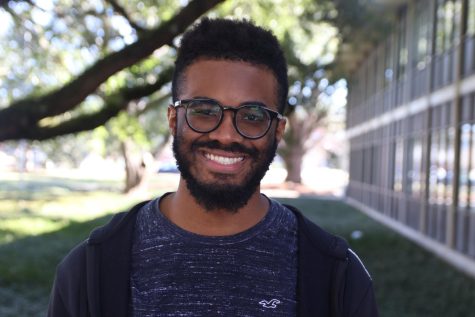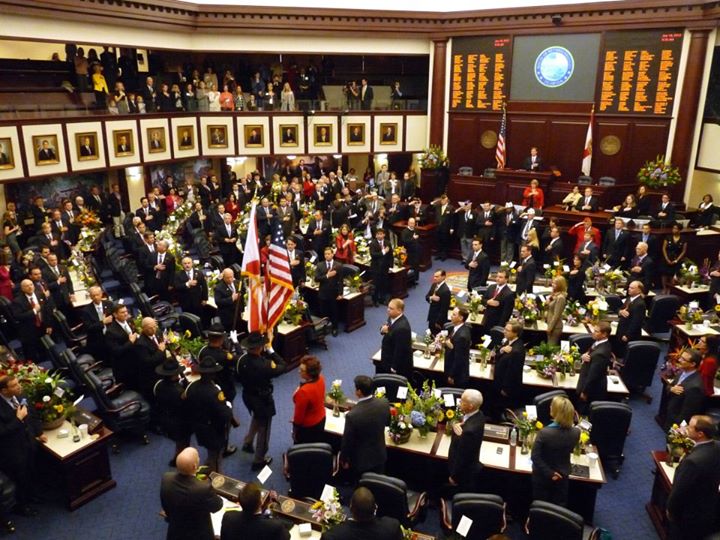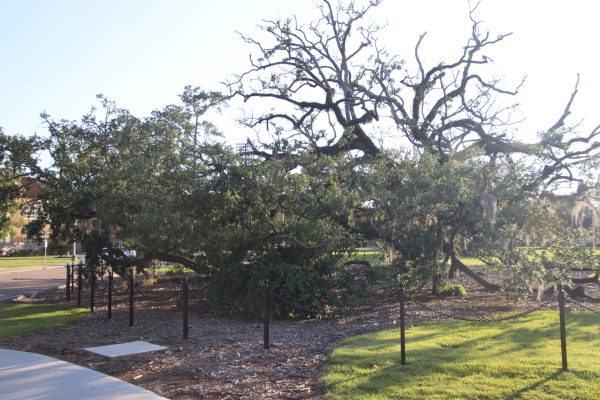A heads up on the potential impact of House Bill 999
A pending Florida bill could potentially affect numerous state college programs and organizations.
The Florida legislature is debating putting forward a new 23-page bill titled Florida House Bill 999 or Public Postsecondary Educational Institutions that would ban state colleges and universities from using funds to “promote, support or maintain any programs or campus activities that espouse diversity, equity, or inclusion [DEI] or Critical Race Theory rhetoric.”
The bill also states the University Board of Trustees shall periodically review campus university programs and remove any major or minor involved in CRT, gender studies or intersectionality. Many people are concerned the language of the bill is too vague and could be used to target activities promoted by multicultural student unions, fraternities, sororities or other student organizations.
In response to the bill, members of Florida A&M University’s National Pan-Hellenic Council, also known as the Divine 9 Greek-lettered organizations, came to voice their concerns at a bill committee hearing on March 13. Broadcast journalism major Robert Tuckerat and member of the Upsilon Psi Chapter of Omega Psi Phi fraternity at FAMU shared why he feels organizations that promote inclusion are important.
“People of color weren’t always able to associate themselves with programs which predominantly serve other ethnicities, therefore, we found a way to leave an impact on ourselves, families and communities with these Greek-lettered organizations. The National Pan-Hellenic Council was created for people that look like me,” he said.
Two examples of current college courses that could potentially be affected by the potential bill are Florida Atlantic University’s “Gender and Climate Change” and Florida State University’s “Social (In)Equalities: Social Construction of Difference and Inequalities.”
Despite the bill not naming any particular groups or organizations, there is still concern the language of the bill could be used to target certain programs. Supporters of the bill feel it is necessary to keep universities from becoming too “liberal.”
“And what the governor wants to see is for students to be able to go to school, learn how to think, pursue the truth, and not have an ideology or a whim ideology imposed on them,” Education Secretary Manny Diaz said.
The American Historical Association has issued a statement expressing concern over the assumptions made in the bill and its implications.
“Normally we do not engage with what gets fed into the hopper; we wait until legislation is viable, generally when a bill emerges from committee. But HB 999 is different, and we consider it imperative to speak out immediately and forcefully. What has previously best been characterized as unwarranted political intervention into public education has now escalated to an attempt at a hostile takeover of a state’s system of higher education,” AHA wrote.
Despite the bill only affecting Florida universities, other states consider following a similar direction. Members of the Louisiana Republican Party want lawmakers to forbid subjects related to systemic racism, fearing the discussions are too divisive and cause political tension.
Your donation will support The Lion's Roar student journalists at Southeastern Louisiana University.
In addition, your contribution will allow us to cover our annual website hosting costs.
No gift is too small.

Ian Stewart is a creative writing major and serves as the opinions editor. He has worked on the newspaper staff since the Fall of 2021. Ian is a native...








StopWokeism • May 9, 2023 at 3:42 pm
Awesome, CRT and Gender Ideology have no place in higher education. The ideas are rooted in Marxism, which has killed millions in China, Russia, and North Korea. The ideas create division on race and sexuality, two aspects of a person that does not matter. You do not fix discrimination by more discrimination.